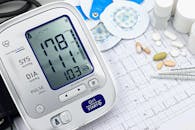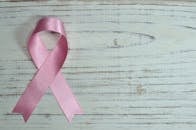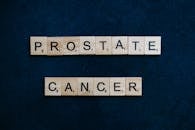In a shocking turn of events, heart attack deaths have plummeted in the US, leaving many cardiologists scratching their heads and wondering what the heck is going on. While this news may seem like cause for celebration, experts warn that new cardiovascular threats are emerging, ready to pounce on unsuspecting Americans.
Dr. Jane Heartfelt, a renowned cardiologist, expressed her confusion over the sudden decline in heart attack deaths. “It’s like our hearts are suddenly deciding to play nice and stop attacking us out of the blue. It’s almost as if they’ve gone on strike or something,” she said.
But while heart attacks may be taking a break, other cardiovascular threats are lurking in the shadows, waiting to strike fear into the hearts of the American public. One such threat comes in the form of a new condition dubbed “Butterfingeritis,” where patients’ arteries become clogged with delicious, yet deadly, butterfingers.
Dr. Phil Cardio, a leading expert on Butterfingeritis, warned, “We’re seeing a rise in cases of Butterfingeritis across the country. It’s a serious condition that can lead to sudden cravings for peanut butter and chocolate, followed by a complete shutdown of the heart. It’s no laughing matter.”
In addition to Butterfingeritis, another emerging threat is known as “Caffeine Overload Syndrome,” where patients consume so much caffeine that their hearts go into overdrive and start doing the cha-cha. Dr. Joe Java, a self-proclaimed coffee enthusiast, issued a warning to all caffeine addicts, saying, “You may think you’re invincible after that fourth cup of coffee, but trust me, your heart is not amused. Slow down before it decides to take matters into its own hands.”
As Americans navigate these new cardiovascular threats, it’s clear that the heart is a fickle organ, capable of both surprising declines and unexpected rebellions. So, while heart attack deaths may be on the decline, it’s important to stay vigilant and keep an eye out for any sneaky Butterfinger cravings or caffeine-induced heart palpitations. After all, you never know what the heart has up its sleeve next.








